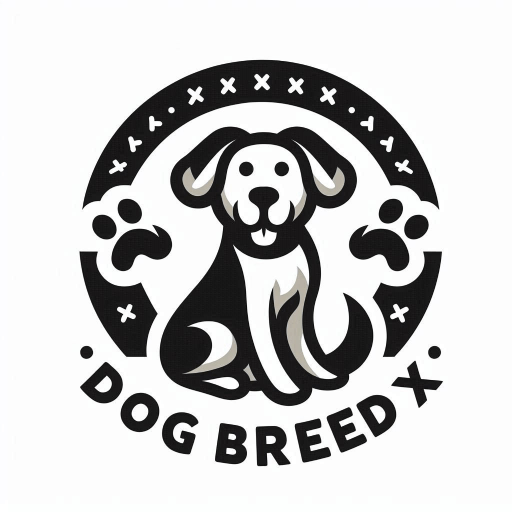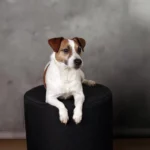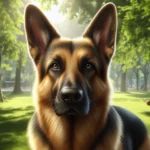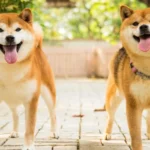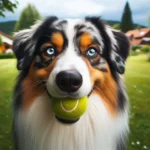Table of Contents
Japanese Shiba Dog Breed
The Japanese Shiba dog breed, often simply known as the Shiba Inu, is a small but formidable canine with a rich history and a striking appearance. Known for their spirited personality, fox like face, and curled tail, Shiba Inus have become increasingly popular among dog lovers worldwide. Whether you’re a seasoned dog owner or considering your first furry friend, the Shiba Inu offers a unique blend of independence, loyalty, and charm that makes it an appealing choice for many.
Japanese Shiba Dog History and Origin
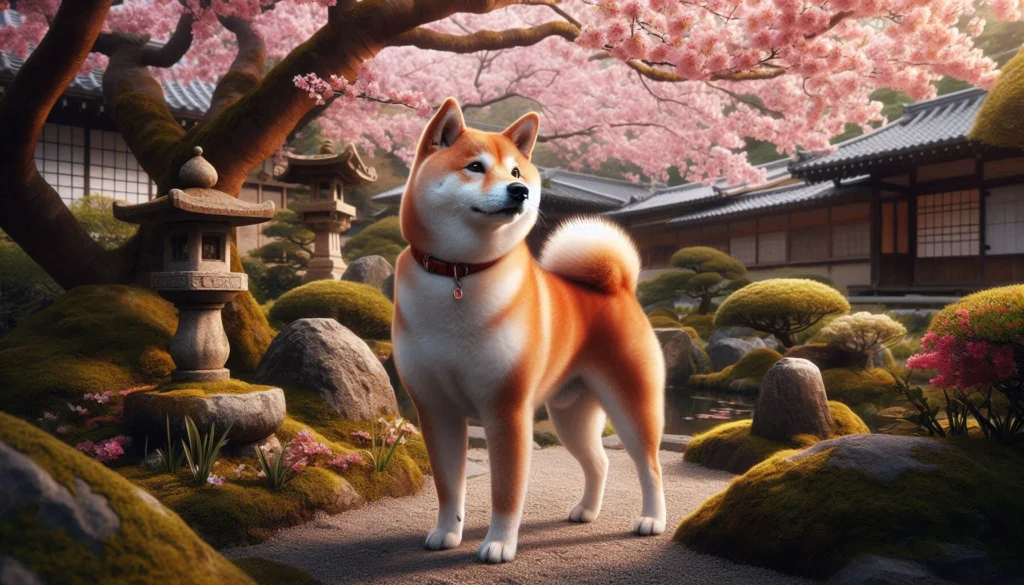
The Shiba Inu is one of the oldest and smallest of Japan’s native dog breeds, with a history dating back over 2,300 years. The breed’s name, “Shiba Inu,” translates to brushwood dog likely referring to the terrain where these dogs were used to hunt small game, such as birds and rabbits. Another interpretation is that Shiba refers to the reddish brushwood bushes that matched the dog’s coat color.
Originally bred in Japan’s mountainous regions, the Shiba Inu was prized for its hunting abilities and keen senses. Despite its small size, the Shiba Inu was a skilled hunter, able to navigate rough terrain with ease. The breed’s history was nearly cut short during World War II, as many dogs perished due to bombings and disease. However, dedicated breeders worked to restore the population, and by the 1950s, the Shiba Inu was recognized as a national treasure in Japan.
Today, the Shiba Inu remains one of Japan’s most popular dog breeds and has gained a dedicated following in other parts of the world, particularly in the United States and Europe.
Physical Characteristics
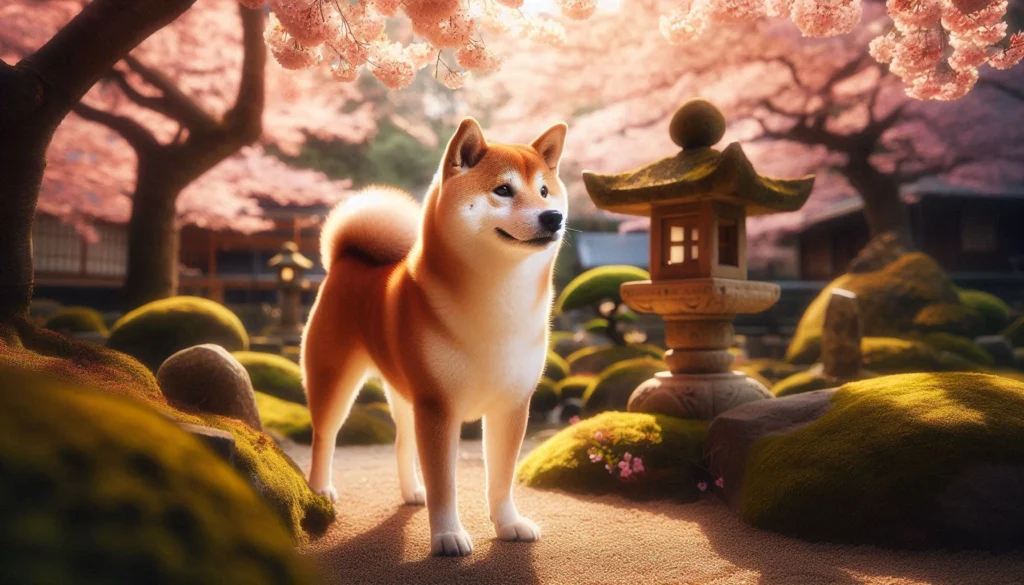
The Shiba Inu is a small but well muscled dog, standing about 13.5 to 16.5 inches tall at the shoulder and weighing between 17 to 23 pounds. Despite their compact size, Shibas are known for their sturdy build and agility, a testament to their origins as hunting dogs.
Coat and Colors
Shiba Inus have a double coat, with a soft, dense undercoat and a stiff, straight outer coat. This double layered coat provides excellent protection against harsh weather, making them well suited for various climates. Shiba Inus come in a variety of colors, including:
- Red: The most common and recognizable color, with a warm, rusty hue.
- Sesame: A red coat with black tipped hairs, giving a speckled appearance.
- Black and Tan: A striking combination of black fur with tan markings on the chest legs, and face.
- Cream: A pale, almost white coat, although this color is not recognized by all breed standards.
Distinctive Features
One of the most distinctive features of the Shiba Inu is its fox like face, characterized by a pointed muzzle, upright ears, and almond shaped eyes that give an alert and intelligent expression. The breed’s tail is also noteworthy, curling tightly over the back in a characteristic sickle shape.
Temperament and Personality
Shiba Inus are known for their spirited and independent nature, often described as having a big dog personality in a small dog’s body. They are confident, bold, and sometimes stubborn, which can be both endearing and challenging for their owners.
Interaction with People
Shiba Inus are typically reserved around strangers but form strong bonds with their families. They are known for their loyalty and can be very affectionate with their owners, though they often show their love in subtle ways. Unlike some other breeds, Shibas are not typically clingy or overly needy, making them suitable for owners who appreciate a more independent dog.
Interaction with Children and Other Animals
While Shiba Inus can do well in households with children, it’s important to note that they are not always the most patient dogs. They can be wary of rough handling, so it’s crucial to teach children how to interact with them respectfully. As for other animals, Shibas can be territorial and may not always get along with other dogs, particularly those of the same sex. Early socialization is key to ensuring a well-rounded and tolerant pet.
Health and Lifespan
Shiba Inus are generally a healthy breed, with a lifespan of 12 to 15 years. However, like all breeds, they are prone to certain health issues. Common health concerns for Shiba Inus include:
Hip Dysplasia
This condition occurs when the hip joint doesn’t fit together perfectly, leading to pain and arthritis over time. Regular check ups and maintaining a healthy weight can help manage this condition.
Patellar Luxation
Shiba Inus can be prone to patellar luxation, where the kneecap dislocates from its normal position. This can cause lameness and discomfort, but in severe cases, surgery may be required.
Allergies
Shiba Inus are known to suffer from allergies, which can manifest as itchy skin, ear infections, or gastrointestinal issues. A balanced diet and regular grooming can help minimize allergy flare ups.
Glaucoma
Some Shiba Inus may develop glaucoma, a condition that causes increased pressure in the eye and can lead to blindness if not treated promptly.
Dental Issues
Dental care is important for Shiba Inus, as they can be prone to periodontal disease. Regular brushing and dental check ups can help keep their teeth and gums healthy.
Care and Grooming
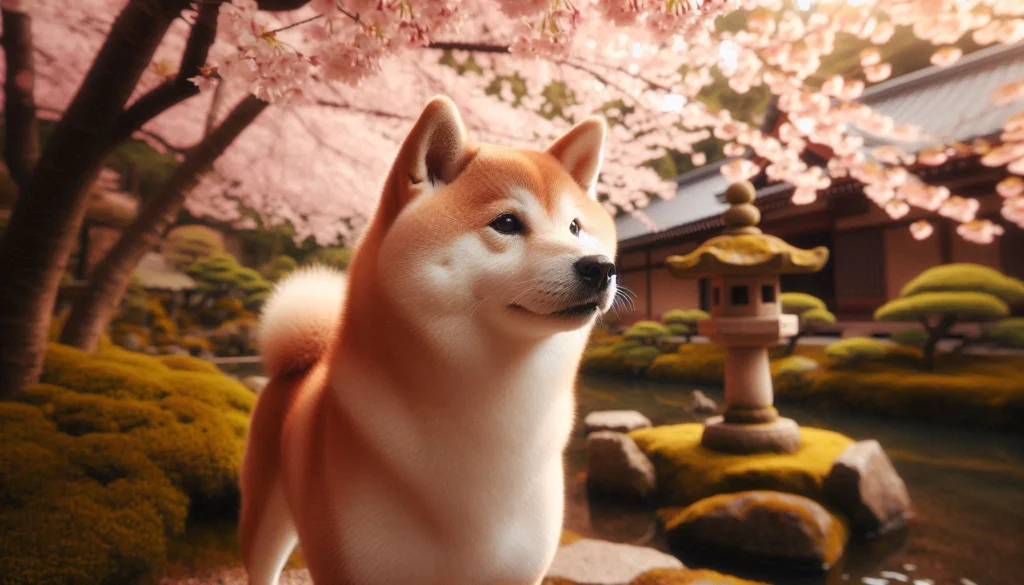
Caring for a Shiba Inu requires attention to their grooming, exercise, and dietary needs.
Grooming
Despite their thick double coat, Shiba Inus are relatively low maintenance when it comes to grooming. They shed moderately throughout the year but will experience heavy shedding twice a year during seasonal coat changes. Regular brushing helps manage shedding and keeps the coat healthy. Additionally, Shiba Inus are known for their cat-like cleanliness and will often groom themselves, reducing the need for frequent baths.
Exercise Requirements
Shiba Inus are active and energetic dogs that require regular exercise to stay healthy and happy. Daily walks, playtime in a secure yard, and mental stimulation through interactive toys or training exercises are essential. They are also agile and enjoy activities like hiking or agility training.
Dietary Recommendations
A well balanced diet is crucial for maintaining a Shiba Inu’s health. High quality dog food that meets their nutritional needs is essential. Portion control is important, as Shiba Inus can be prone to weight gain if overfed. Consult with a veterinarian to determine the best diet plan for your individual dog.
Training and Socialization

Training a Shiba Inu can be both rewarding and challenging due to their independent nature. Early socialization and consistent, positive reinforcement training are key to raising a well-behaved Shiba.
Training Tips
Shiba Inus are intelligent and quick learners, but they can also be stubborn. Use positive reinforcement techniques, such as treats and praise, to encourage good behavior. Keep training sessions short and engaging to hold their interest. Patience is essential, as Shibas may take longer to respond to commands compared to more eager-to-please breeds.
Socialization
Exposing your Shiba Inu to a variety of people, places, and other animals from a young age will help them develop into a well-rounded adult dog. Socialization helps prevent behavioral issues such as aggression or excessive shyness.
Suitability as a Family Pet
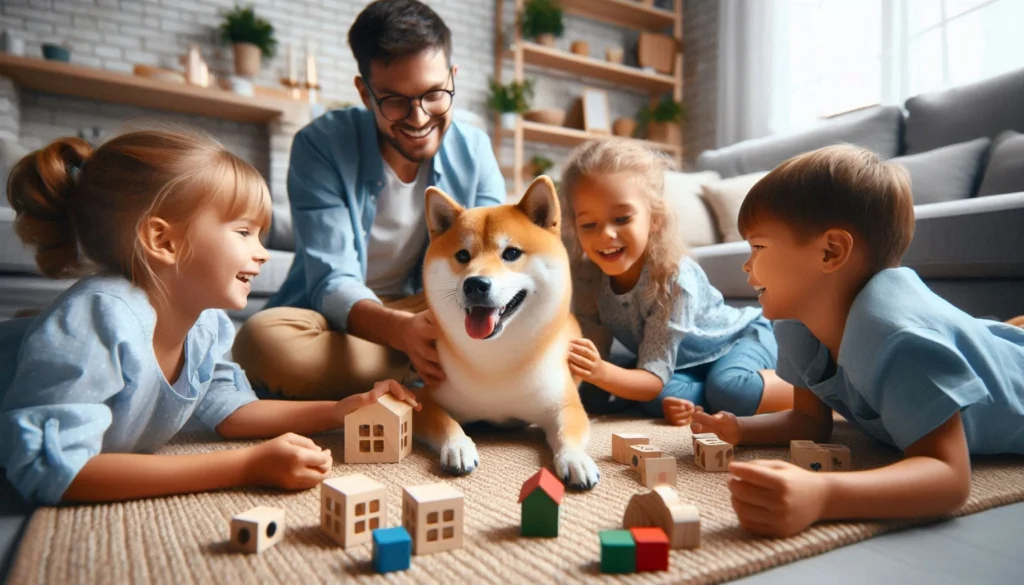
Shiba Inus can make excellent family pets, but they are not suited for every household. Their independent nature and tendency to be reserved with strangers mean they may not be the best fit for families seeking a highly social or overly affectionate dog. However, for families who appreciate a dog with a unique personality, the Shiba Inu can be a loyal and entertaining companion.
Living Environment Considerations
Shiba Inus are adaptable and can live in both apartments and houses, provided they receive sufficient exercise. However, they can be prone to escaping from yards, so secure fencing is a must. Their strong prey drive also means they should always be leashed or in a secure area when outside.
Energy Levels
While Shiba Inus are active, they are not hyperactive and generally have moderate energy levels. They enjoy regular exercise but are also content to relax indoors, making them suitable for both active and more laid back households.
Fun Facts and Trivia
- Shiba Inu Yodel: Shiba Inus are known for a unique vocalization called the Shiba scream or yodel, which they may emit when excited or unhappy.
- Internet Fame: The Shiba Inu gained worldwide recognition as the face of the Doge meme, characterized by the breed’s expressive face and humorous captions in broken English.
- Cat Like Behavior: Shiba Inus are often described as having feline tendencies, including their grooming habits and independent nature.
Similar Dog Breeds
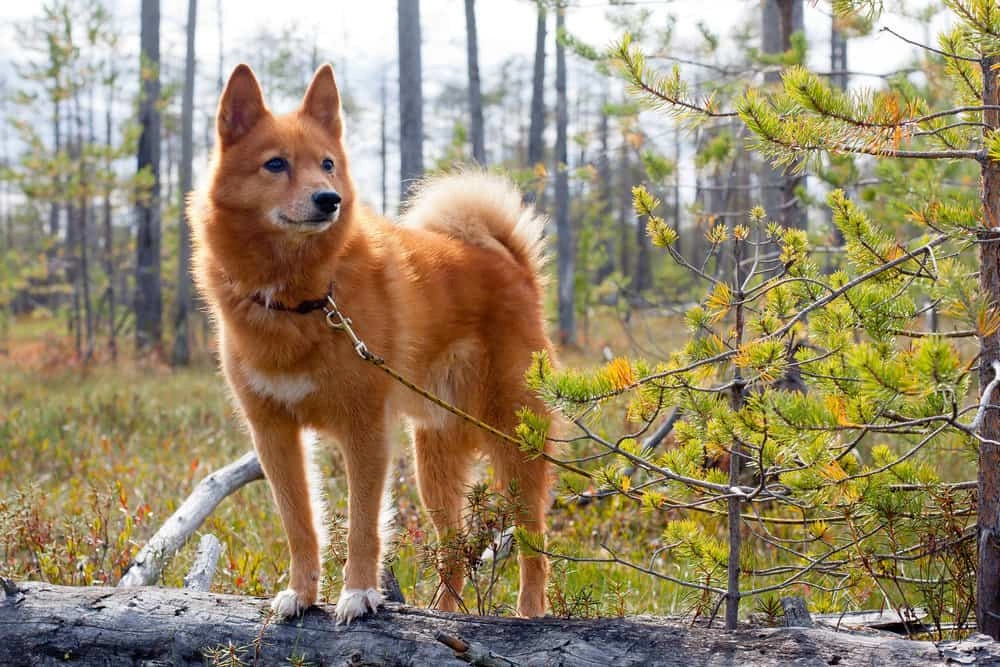
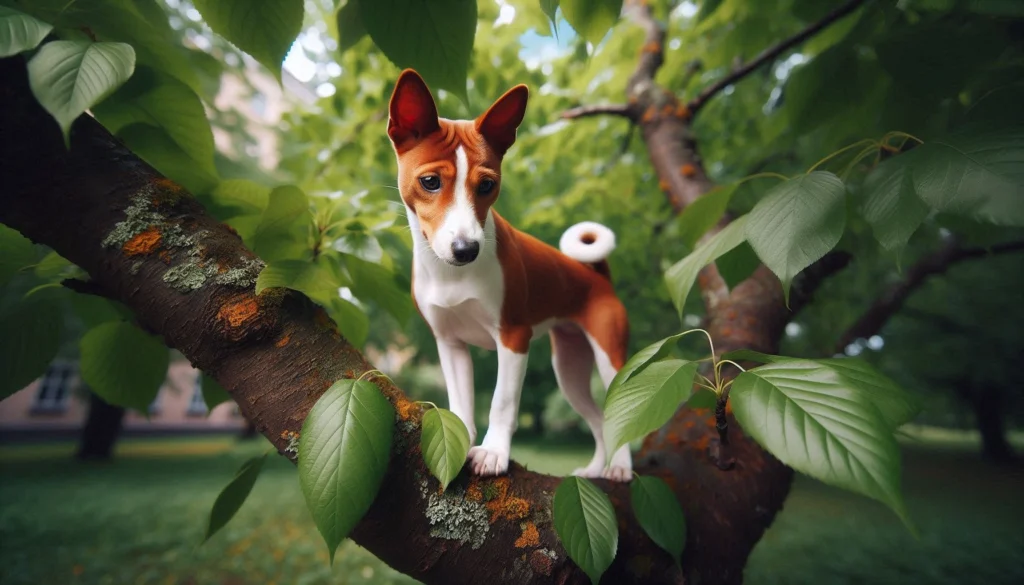
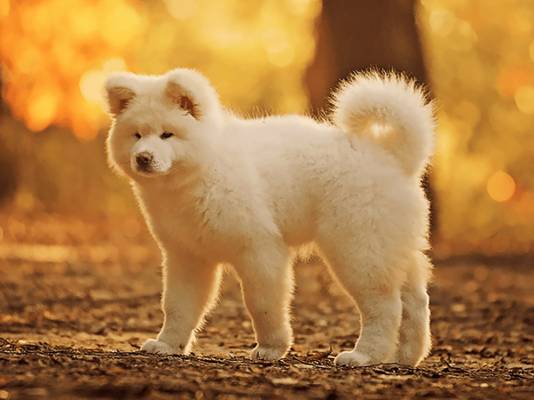
1. Akita Inu
The Akita Inu is another Japanese breed, larger than the Shiba Inu and known for its loyalty and bravery. Like the Shiba, the Akita has a strong willed personality and requires experienced handling. Akitas are often reserved with strangers but deeply devoted to their families.
2. Basenji
The Basenji, known as the barkless dog, shares the Shiba Inu’s independence and clean grooming habits. This African breed is known for its quiet demeanor, making it a unique companion. Basenjis are also highly energetic and require regular exercise.
3. Finnish Spitz
The Finnish Spitz, with its fox-like appearance and curly tail, is often compared to the Shiba Inu. This breed is friendly, energetic, and known for its vocal nature. Finnish Spitz dogs are excellent with children and make great family pets.
Conclusion
The Japanese Shiba dog breed, with its rich history, unique appearance, and spirited personality, is a truly special companion. While they may not be the easiest breed to train or socialize, their loyalty, intelligence, and independent nature make them a rewarding choice for the right owner. If you’re considering adding a Shiba Inu to your family, take the time to learn about their needs and personality to ensure a happy and fulfilling relationship.
FAQs
Is the Shiba Inu a dangerous dog?
No, the Shiba Inu is not considered a dangerous dog. However, like any breed, their behavior depends on proper training and socialization. While they can be reserved and independent, they are generally loyal and affectionate with their families. Early socialization helps prevent any potential aggression.
Is the Shiba Inu the best guard dog to protect you or your family?
Shiba Inus are not typically used as guard dogs due to their small size and independent nature. While they are alert and may bark to alert you of strangers, they lack the protective instincts of larger guard dog breeds. However, their loyalty and alertness make them good watchdogs.
